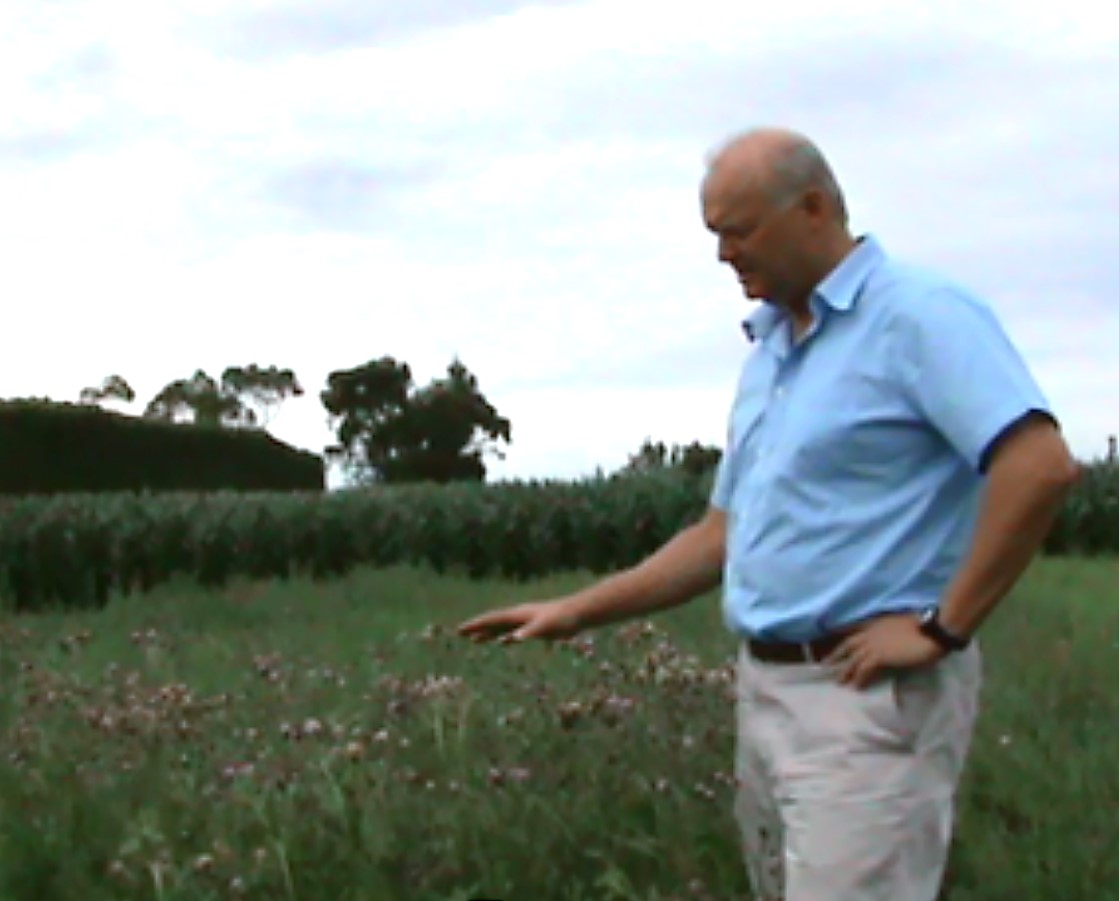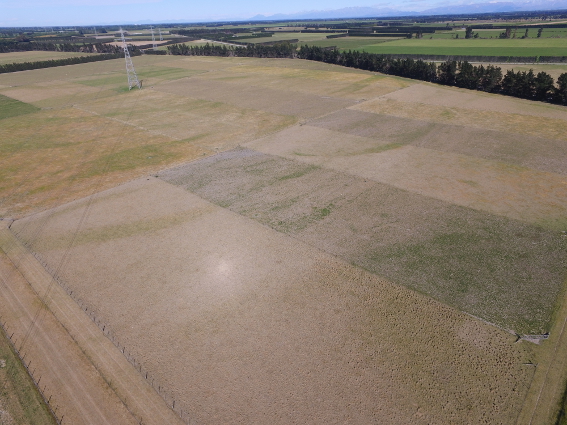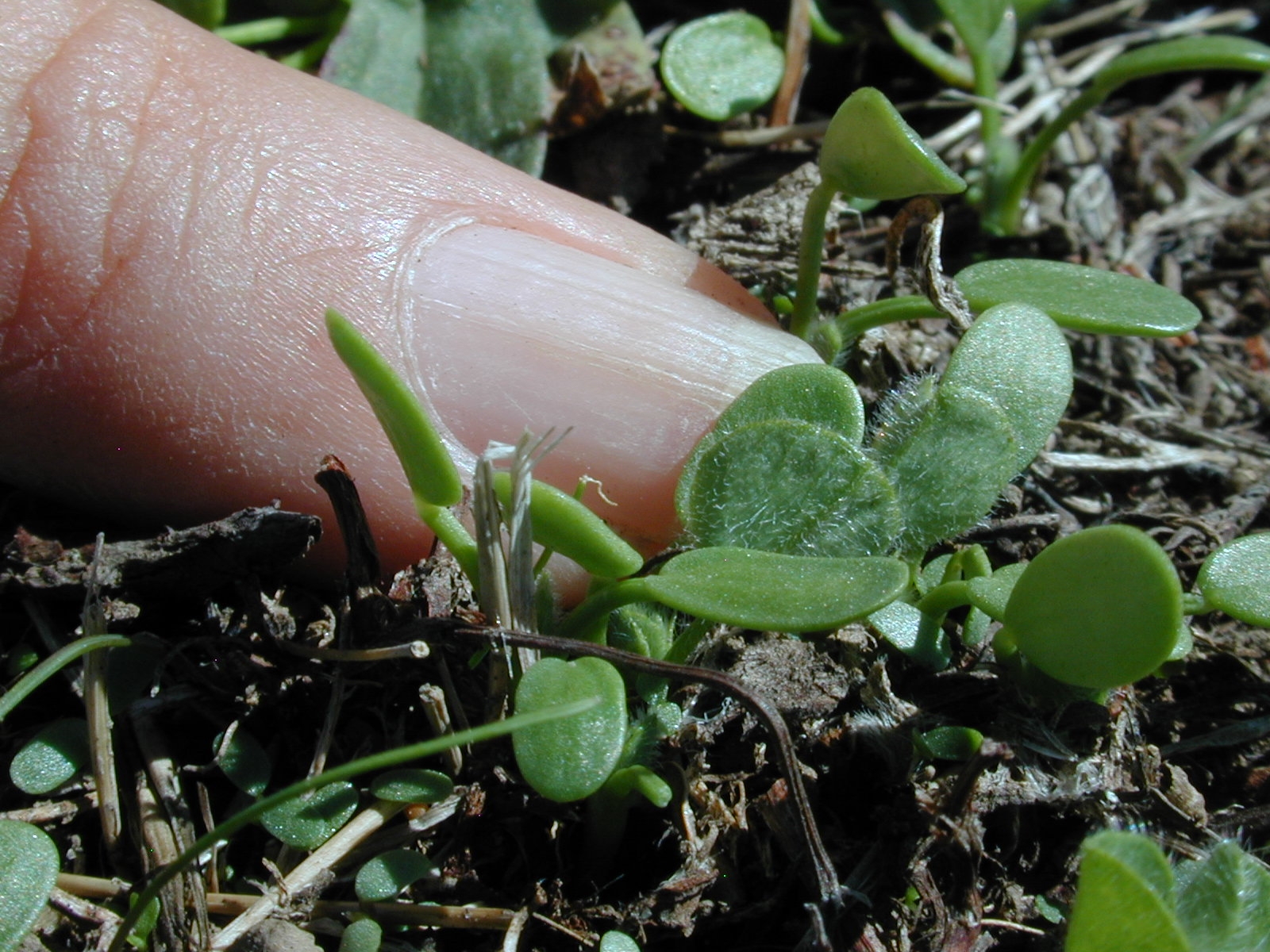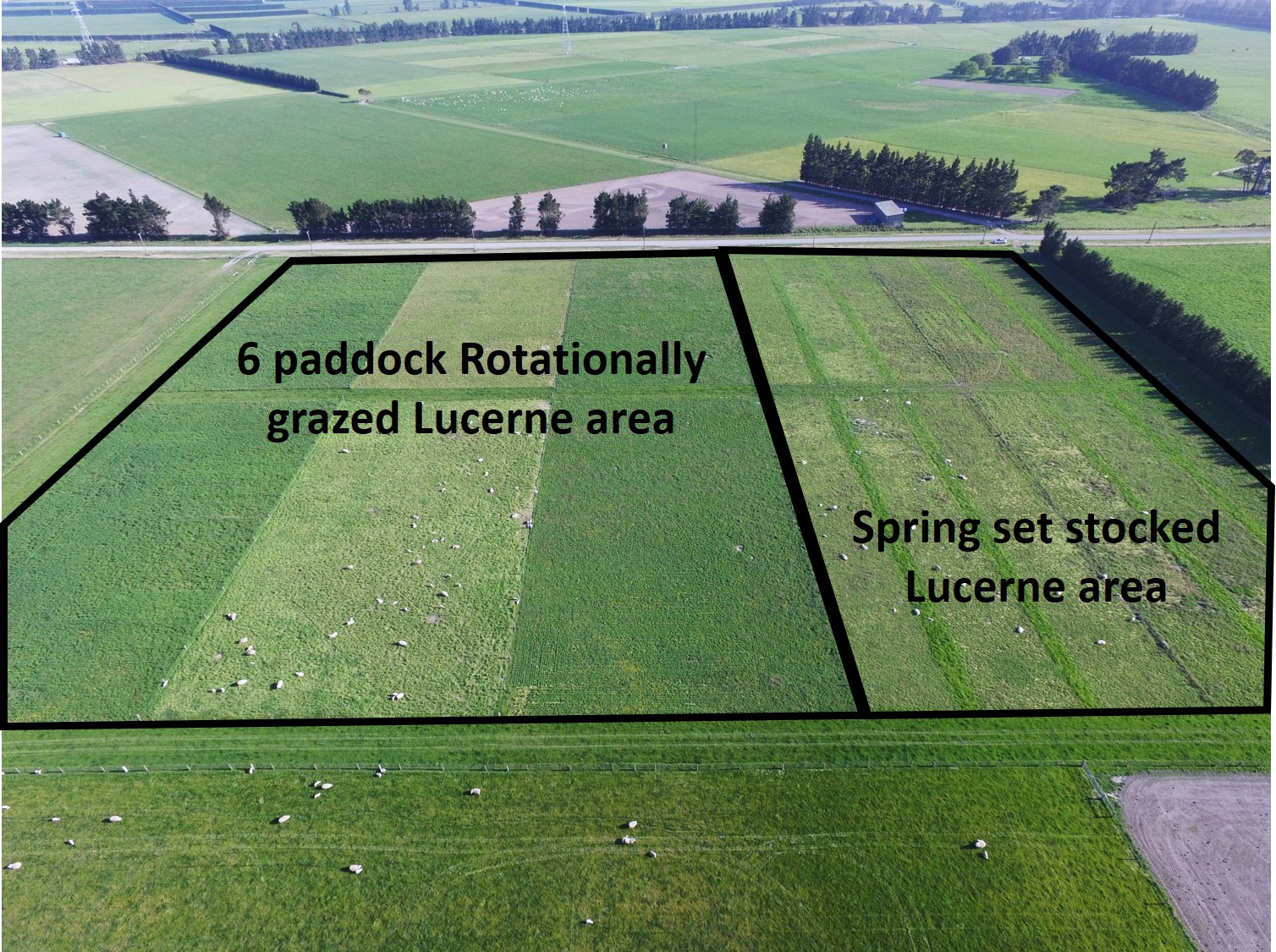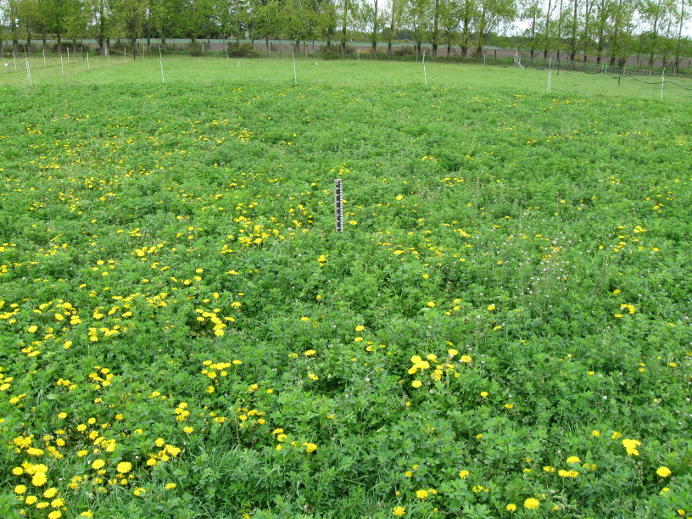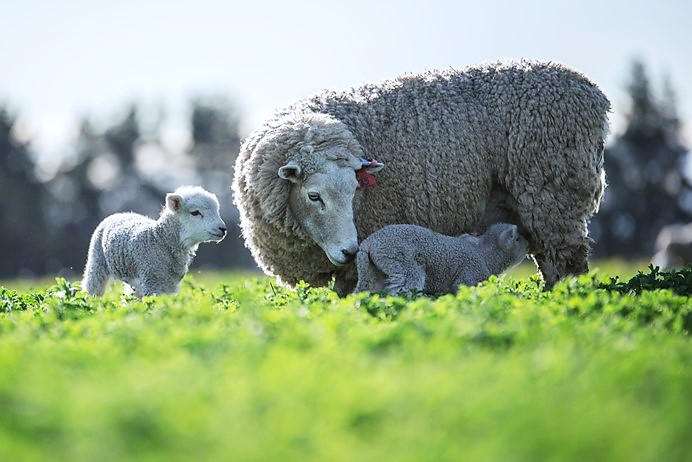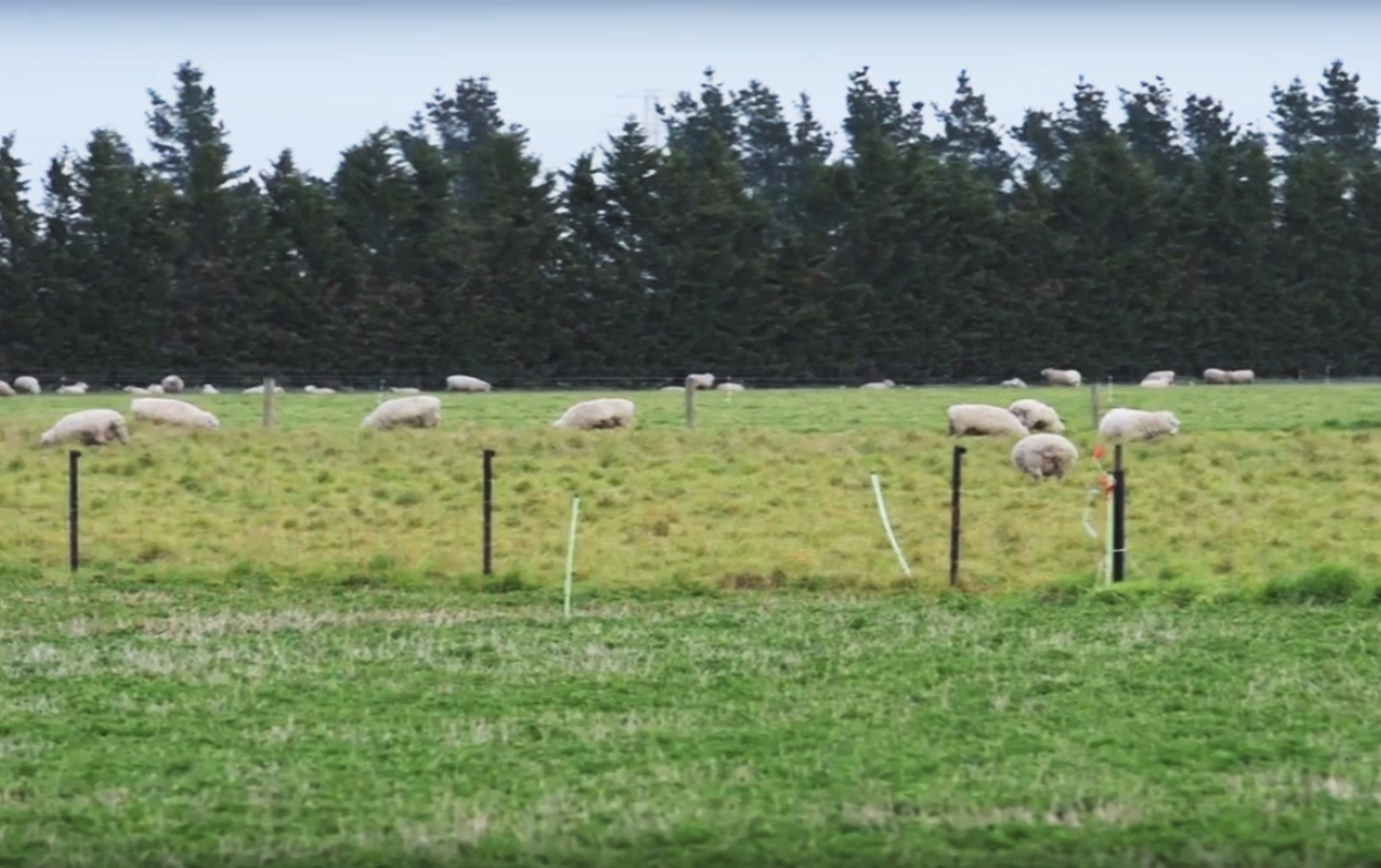State of spring sown lucerne during the establishment phase prior to the first graze
These videos, taken on 25 Jan, we look at the state of a newly established – spring sown – dryland lucerne stand. In the first video Derrick discusses the state of the young lucerne at about 80-90 days after sowing as we prepare for the first graze/cut now flower buds are visible. There is also … Read more
